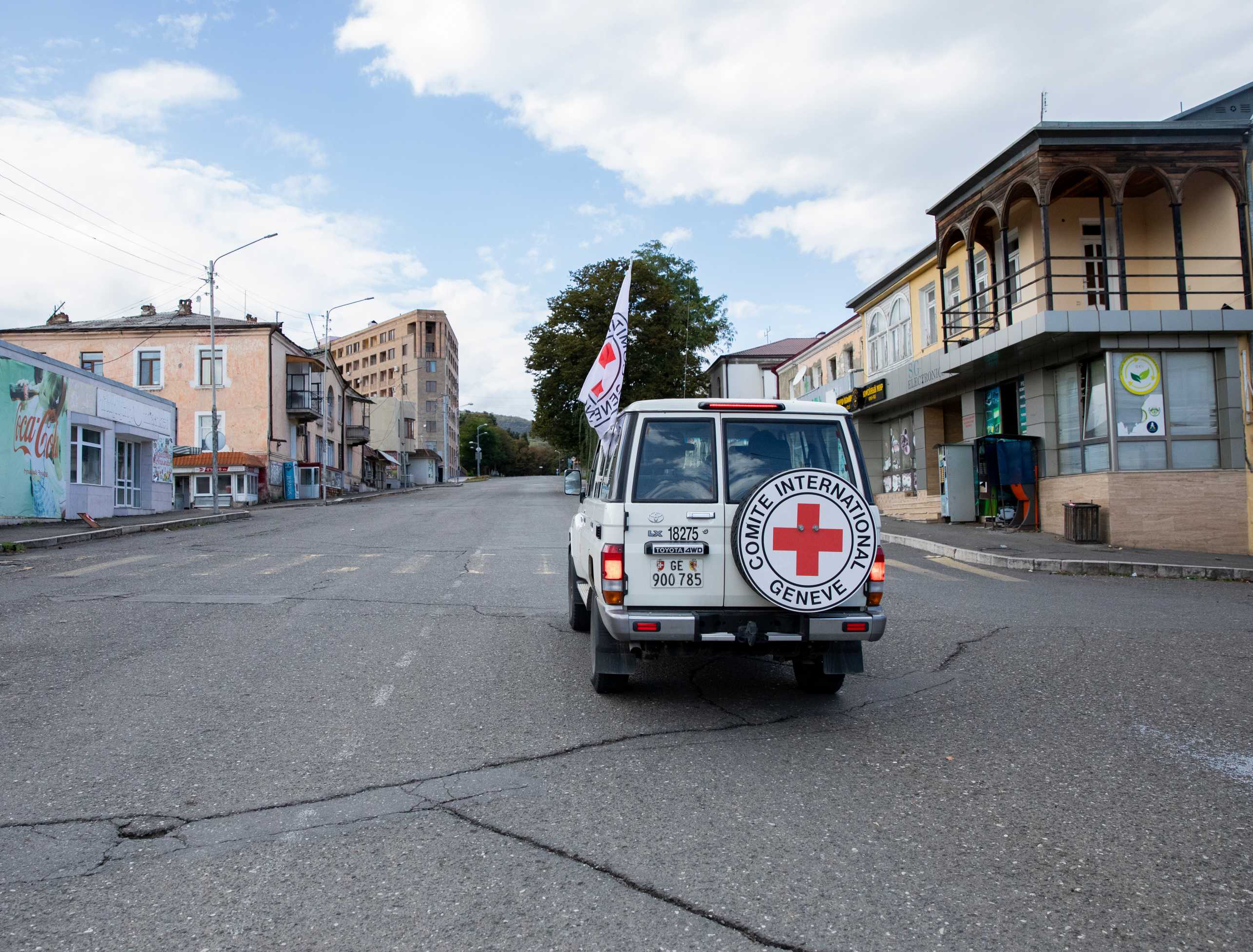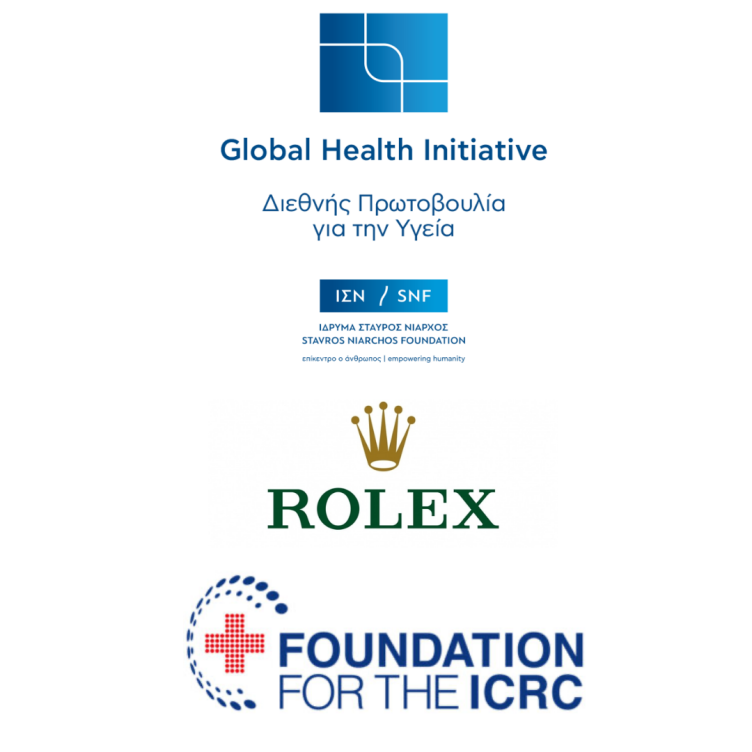ETH4D Humanitarian Action Challenges Grants

ETH4D Humanitarian Action Challenges (HAC)
The goal of the ETH4D Humanitarian Action Challenges is to support project-based research between ETH Zurich researchers, EPFL researchers, the ICRC and other humanitarian organisations to develop effective solutions for a greater impact of humanitarian action.
Proposals need to address a clearly defined research question that has the objective of increasing the impact of humanitarian action. Humanitarian Action Challenges must develop, test, evaluate or implement an innovative product, policy or service – involving a technology that responds to a specific humanitarian challenge.
The team must consist of at least one main applicant from ETH who holds a PhD, and at least one partner from a external page humanitarian organization
- It is encouraged (but not mandatory) to have one partner from a low or lower-middle income country and/or from a conflict-affected country, a partner from EPFL (which allows for a parallel submission at EPFL) or a partner from another humanitarian organisation. Partners from the rest of the ETH Domain (PSI, WSL, Empa, and Eawag) are welcome to join as co-applicants.
- If the main applicant is not an ETH professor, a letter of commitment by the ETH host professor or head of the unit, indicating their financial contribution to the project, must accompany the proposal.
Grant Sum: 50 - 300 kCHF
Project Duration: 6 - 24 months
Matching Funds: The main applicant and potential co-applicants from the ETH domain (excluding EPFL) must provide matching funds corresponding to at least 25% of the requested grant. Matching funds can come from third-parties or professorship reserves.
- Completed application form
- Bibliography
- Work packages and Milestones shown in a Gantt-Chart.
- Budget, which must include matching funds.
- If the main applicant is not an ETH professor, a letter of commitment by the ETH host professor or head of the unit, indicating their financial contribution to the project, must accompany the proposal.
- Letter(s) of support from the humanitarian organization, and all other partners who will receive funding, showcasing long-term commitment to the project, signed by the humanitarian team member (focal point) and the project sponsor (typically head of unit or CEO of the NGO in the case of a small NGO). The letter(s) should clearly articulate the question to be addressed in the project, its relevance to the organization, and the contributions (staff time and/or financial, if applicable) the partner is willing to make to the project. It should also state how the organization will use the research results in the future.
- CVs of all involved partners, including a list of major achievements. Please use the SNSF CV format for generating your CV.
Please consult the Humanitarian Action Challenges Guidelines before applying (will be published shortly before the call opens).
All application documents must be written in English and must be submitted electronically (in one single PDF file) in the online form below (will be published shortly before the call opens).
The Humanitarian Action Challenges are part of the external page Engineering for Humanitarian Action (EHA) Initiative. At EHA, we also offer a Humanitarian Action Fellowship for academics who want to work with the ICRC for 2-12 months. Learn more about this fellowship here.
